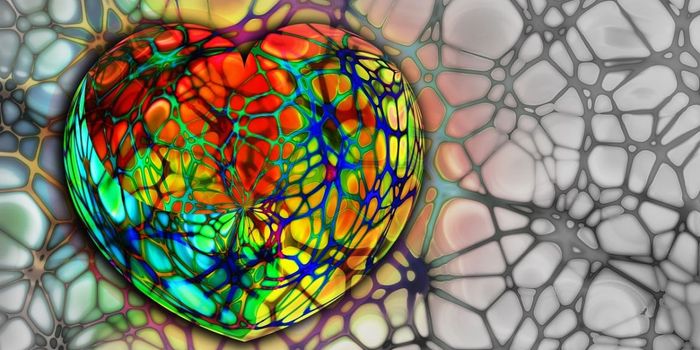Categories of Memory Work Together to Form Abstract Thought

New research from the University of Trento shows how areas of the brain work to recall complex semantic information. The brain stores information by category, for example recalling the taste of food will activate a “food” region of the brain, while recalling the face of a friend will activate a “people” region. Researchers were interested in seeing which areas of the brain are active in recalling information about where a food comes from, or where a person is from. In other words, how does the brain activate to recall information indirectly related to purely categorical information?
To answer this question, the brain activity of healthy male and female participants was monitored with functional magnetic resonance imaging (fMRI). The researchers established specific areas of the brain are activated when asking the participants information focused on food, people, and cities. Then, they asked questions that would require a more complex recall such as, ‘where was pizza invented?’ By making the focus of the question geography that is related to food, the recall might activate the “geography” and/or the “food” category of the brain, or a different region entirely.
The study resulted in the activation of a specific region when the participants were asked to recall information focused on food, people, or cities. Then, when the participants were asked to recall abstract information, like where a celebrity or food comes from, a combination of brain regions act together. In the case of recalling the origin of food, the “geography” category and the “food” category activate even though details about the food are not relevant. The study found this phenomenon worked both ways, by testing questions that focus on a person or food, but indirectly involve geography. Though details about a particular place are not relevant, that area of the brain is still activated in concert with the topic of focus.
The team at the University of Trento say their research is evidence that learning to categorize information strengths the ability to comprehend and remember abstract information that involve multiple categories.
Sources: Fairhall et. al., ScienceDaily








